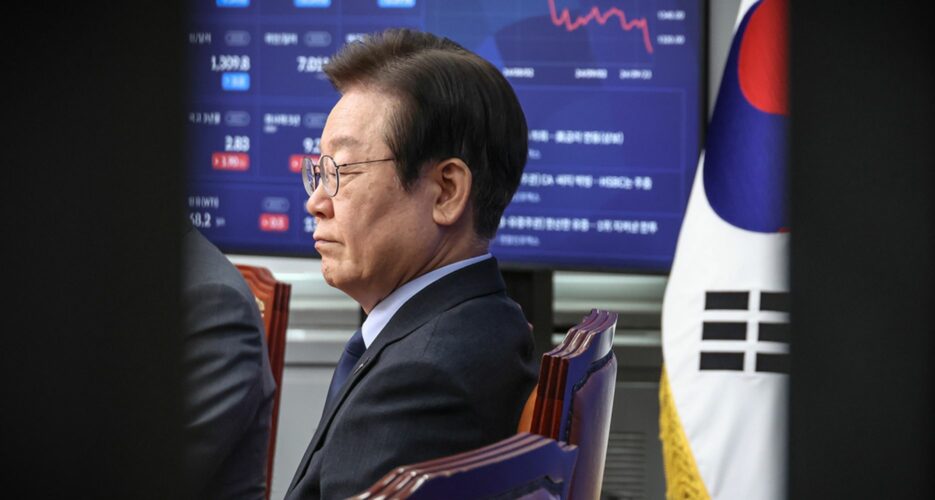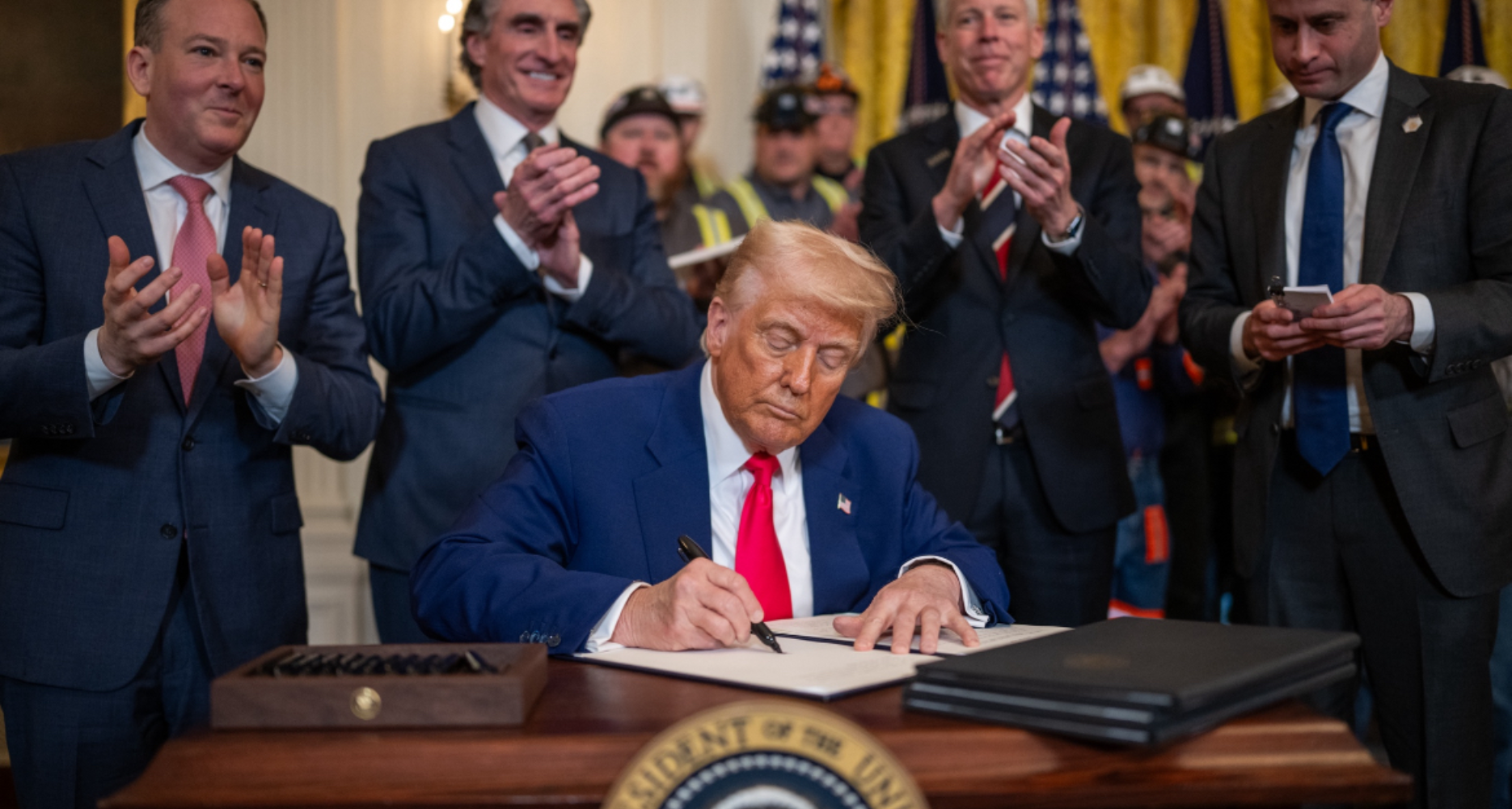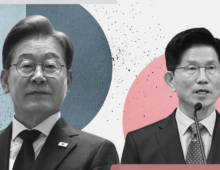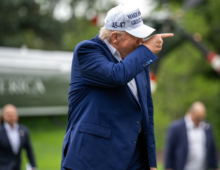Guilty ruling on election law violations raises stakes for Democratic Party leadership and deepens partisan conflicts
The Seoul Central District Court’s conviction of opposition leader Lee Jae-myung for election law violations could reshape South Korea’s political landscape. The ruling, if upheld, may upend Lee’s political career and force the Democratic Party (DP) to reassess its leadership as it grapples with internal divisions and a deeply polarized electorate.
Lee’s conviction highlights the contentious intersection of law and politics in South Korea, with both his supporters and critics framing the case as a pivotal moment for the country’s democracy. While the DP rallies around its embattled leader, questions about leadership succession and public trust in the judiciary loom large.
The Seoul Central District Court’s conviction of opposition leader Lee Jae-myung for election law violations could reshape South Korea’s political landscape. The ruling, if upheld, may upend Lee’s political career and force the Democratic Party (DP) to reassess its leadership as it grapples with internal divisions and a deeply polarized electorate.
Lee’s conviction highlights the contentious intersection of law and politics in South Korea, with both his supporters and critics framing the case as a pivotal moment for the country’s democracy. While the DP rallies around its embattled leader, questions about leadership succession and public trust in the judiciary loom large.
Get your
KoreaPro
subscription today!
Unlock article access by becoming a KOREA PRO member today!
Unlock your access
to all our features.
Standard Annual plan includes:
-
Receive full archive access, full suite of newsletter products
-
Month in Review via email and the KOREA PRO website
-
Exclusive invites and priority access to member events
-
One year of access to NK News and NK News podcast
There are three plans available:
Lite, Standard and
Premium.
Explore which would be
the best one for you.
Explore membership options
© Korea Risk Group. All rights reserved.
No part of this content may be reproduced, distributed, or used for
commercial purposes without prior written permission from Korea Risk
Group.












